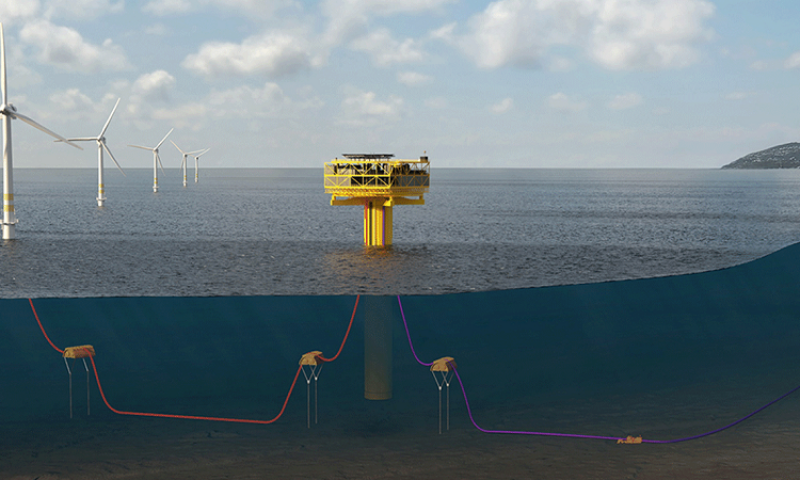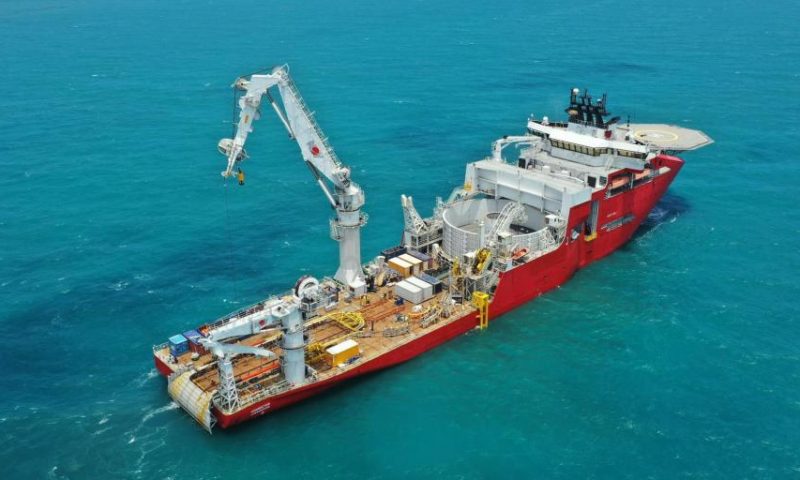
ABB and Volvo to Electrify Gothenburg’s City Streets
Starting in 2020, 157 new Volvo electric buses will start trafficking the streets of Gothenburg, Mölndal and Partille, powered by charging infrastructure solutions from market leading provider, ABB. This landmark announcement represents an important step towards achieving a sustainable public transport solution for the 180 million trips made by bus in the region each year.
In line with the Swedish government’s vision that Sweden should be climate neutral by 2050, public transport company Västtrafik expects to have electrified all city traffic in Västra Götaland by 2030.
Volvo Buses and ABB are helping to realize that aim with the supply of 157 new electric buses and supporting charging infrastructure to bus operator Transdev.
With services scheduled to commence in December 2020, the new electrified lines will mean a total of 220 electric buses to transport Gothenburg’s residents and visitors by the end of the year.
“Volvo Buses is a leader in electromobility and solutions for sustainable public transport. Together with ABB and our partners, we have created a common holistic transport solution that will make public transport in Gothenburg quieter and emission-free”, says Håkan Agnevall, President, Volvo Buses. “The solution shows that electric buses are not only something for the future, but already today provide cities with public transport that is sustainable and financially viable.”
19 new high-power electric chargers will be installed during the second half of 2020 before the new buses go into operation, and another two stations are planned for the future.
The buses in Gothenburg, Mölndal and Partille will be charged by 450kW high power Panto Down chargers from ABB. A modular solution based on OppCharge, an open interface for direct current (DC) electric bus charging, the solution offers high-power charging via an automated rooftop connection. ABB will supply a complete solution that includes both the charging stations and all the necessary grid connection hardware via ABB’s cable distribution cabinets.
The buses will be recharged in just three to six minutes at charging stations along the routes. The high-power chargers, a part of ABB’s innovative ABB Ability™ offering of digital solutions and services across all business areas, delivers web-enabled connectivity that allows network operators to perform remote monitoring and configuration of charge points and also minimizes downtime and increases efficiency.
“The sustainable transformation of bus traffic in Gothenburg is an example of how ABB is pursuing its Mission to Zero, with the goal to develop innovations that will contribute to a zero-emission future. We have the products and solutions to deliver electricity from generation to the point of consumption in a safe, smart and sustainable way”, says Frank Muehlon, Head of ABB’s global business for E-mobility Infrastructure Solutions.
With room for 150 passengers and an 88 percent reduction in CO2 when transitioning to electricity, the new buses combine high passenger capacity with low environmental footprint.
ABB is a world leader in electric vehicle infrastructure, offering the full range of charging and electrification solutions for electric cars, electric and hybrid buses as well as for ships and railways. ABB entered the EV-charging market back in 2010, and today has sold more than 13,000 ABB DC fast chargers across over 80 countries. ABB recently received the Global E-mobility Leader 2019 award for its role in supporting the international adoption of sustainable transport solutions.
ABB offers products and services that provide a crucial contribution to increased sustainability in industry. More than half of ABB worldwide sales are generated with technology that contributes to the elimination of the causes of climate change. It is the goal of ABB within the scope of Mission to Zero to increase the sales share of solutions and systems for increased sustainability to 60 percent by the end of 2020.













